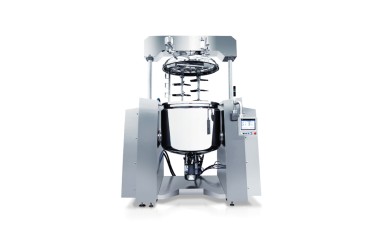Corporate

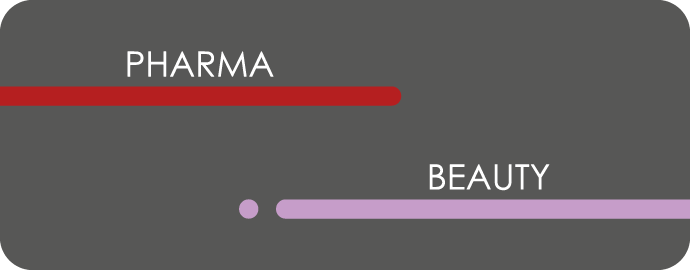
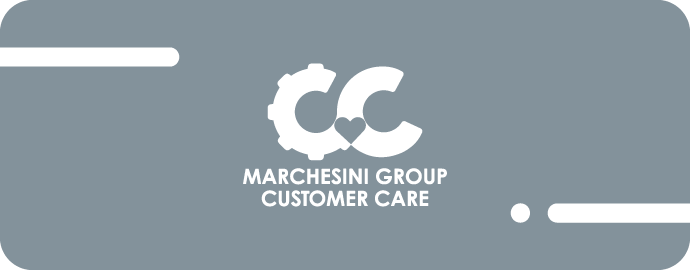
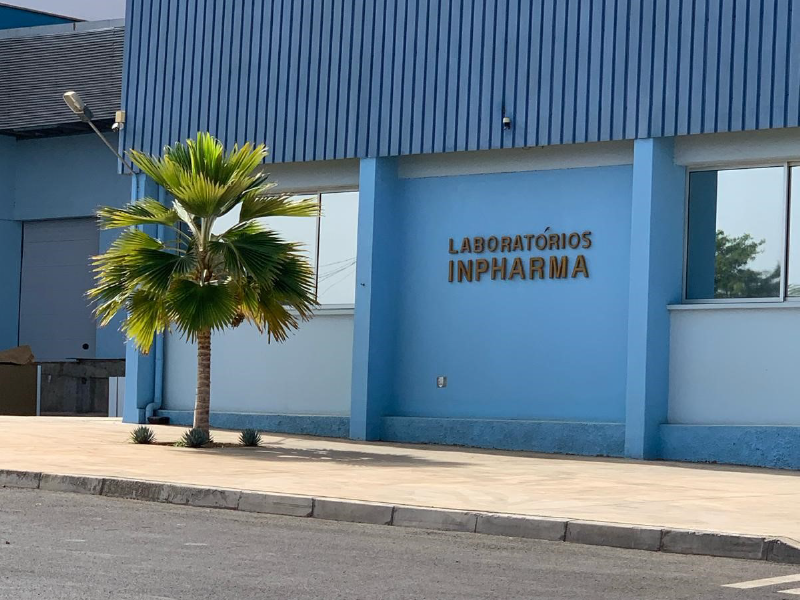
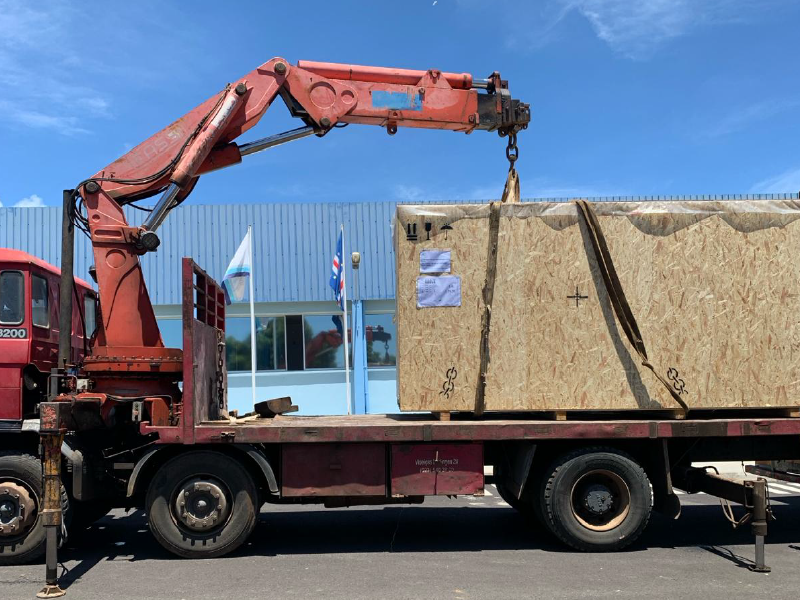

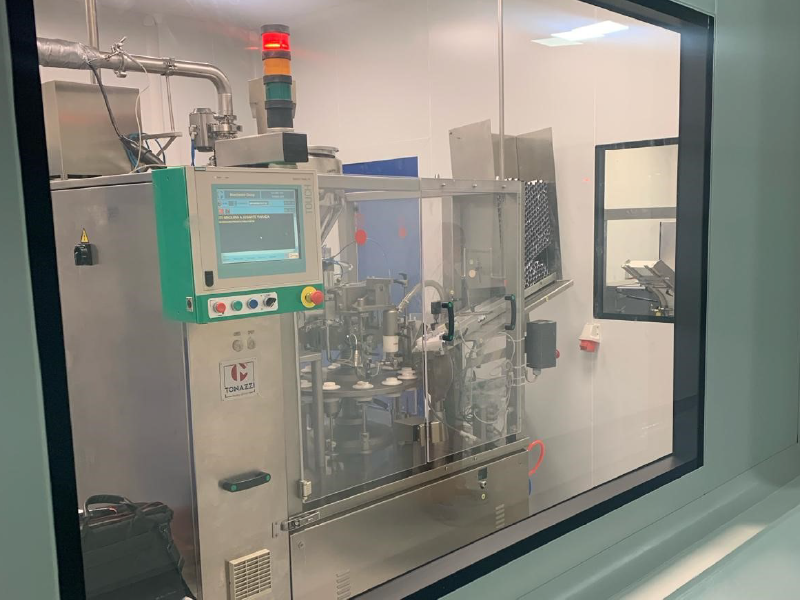
One of Cabo Verde’s leading pharmaceutical companies – InPharma – contacted Marchesini Group Pharma for a project that sets new benchmarks for the country’s packaging machinery: a custom line able to fill a series of products including moisturising, topical, antiretroviral and antifungal creams.
In response, a team from the Marchesini Group Headquarters in Italy and PRIMANOTA, the pharmaceutical consulting company that represents Marchesini Group in Portugal, swung into action, enabling Marchesini Group Pharma to carry through the project and extend its technologies to the small African state.
The project had three key points:
InPharma is currently only able to distribute its technologies in Cabo Verde and some PALOP states. This project will extend InPharma’s references with a view to soon achieving WHO approval for the certification of the production line and environments. After this step, InPharma will be able to export beyond the PALOP states and also extend its business to packaging solids such as capsules in blister packs.
The line
The line comprises a Colibrì 1001 filling machine able to process ATEX products (metal, laminate and microlax) and a BA100 cartoner refurbished by Rinova, the Marchesini Group’s second-hand brand.
About InPharma
The groundwork for what was to lead, two years later, to a public-private partnership between Emprofac and Labesfal Farma was begun in 1991 thanks to the drive and leadership of Dr Judith Lima and Joaquim Combra: the project resulted in the opening of today’s InPharma plant at Tira Chapéu in Praia, the capital of Cabo Verde.
By 1993 InPharma was already producing more than 30 pharmaceutical products. Five years later it placed 13 additional molecules on the market, further expanding its portfolio. During its first ten years in business it also worked hard to consolidate its distribution at the domestic level and to generate exports to a number of PALOP states.
By 2003 the company was well established: after a decade of development, the InPharma laboratories were ready to operate in a more and more competitive and aggressive environment, guaranteeing the corporate mission of maintaining quality in countries where quality controls are on a different plane to those of Europe and America.
Today InPharma, led by its CEO Dr Elizabete Lima, creates and produces 74 molecules and places 85 medicinal products in solid, liquid and paste form on the market.
*The African states where the official language is Portuguese: Angola, Cabo Verde, Guinea-Bissau, Mozambique, São Tomé and Príncipe and Equatorial Guinea. The PALOP countries have many trade agreements with Portugal, the European Union and Brazil and receive aid in the fields of culture, education and the development of the Portuguese language.
